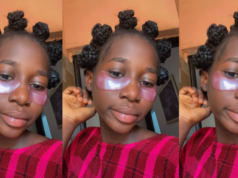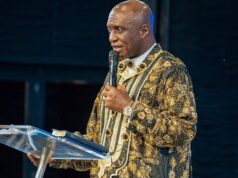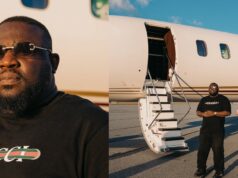Nigeria’s Minister of Finance, Budget, and National Planning, Mrs. Zainab Ahmed, has revealed that Nigeria is not broke and can pay its debts in the short, medium, and long terms.
Ahmed reported on her ministry’s performance over the last seven years on Thursday, December 1 in Abuja.
“Nigeria isn’t broke. We continue to generate revenue on a monthly basis and these revenues are distributed at FAAC. We also disclose how much is distributed monthly to the three tiers of government.” she said.
The Minister added that although the nation does not make enough money, its revenue is increasing and oil thefts are decreasing as well. She also disclosed that NNPC currently produces roughly 1.3 million barrels daily, up from about 800,000 earlier.
In her words;
“We have also witnessed a significant increase in non-oil revenue. Unfortunately, oil revenue has underperformed because of criminality but recently the NNPC has reported that it has been curtailed and we are beginning to see a pick-up in the production levels. This means more revenue will come to the government. What we have isn’t enough to cover what we need hence the borrowings.
There is a debt management board chaired by the Vice President. The debt management strategies are being followed judiciously. At 33 percent to GDP, we are still the lowest within countries that are our comparatives.
But again, I still say we have a revenue problem in spite of the increase in non-oil revenue because our performance 8-9 percent of GDP, and the revenue is not enough. We are a population of about 200 million who deserve service. Our consumption level is low. So we need to keep looking for ways to incentivize the business so MSMEs who are the largest contribution to labor and the economy continue to grow.
A total of N5.03 trillion plus an additional US$3.4 billion has been released to states by the Federal Government over the life of this administration. The support covers the 13% Derivation Refund to Oil Producing States, a refund for the Construction of Federal Roads, Ecological Support, Support from the Development of Natural Resources Fund, Paris Club refunds, Support from the Stabilization Fund, COVID-19 intervention, amongst others.”















